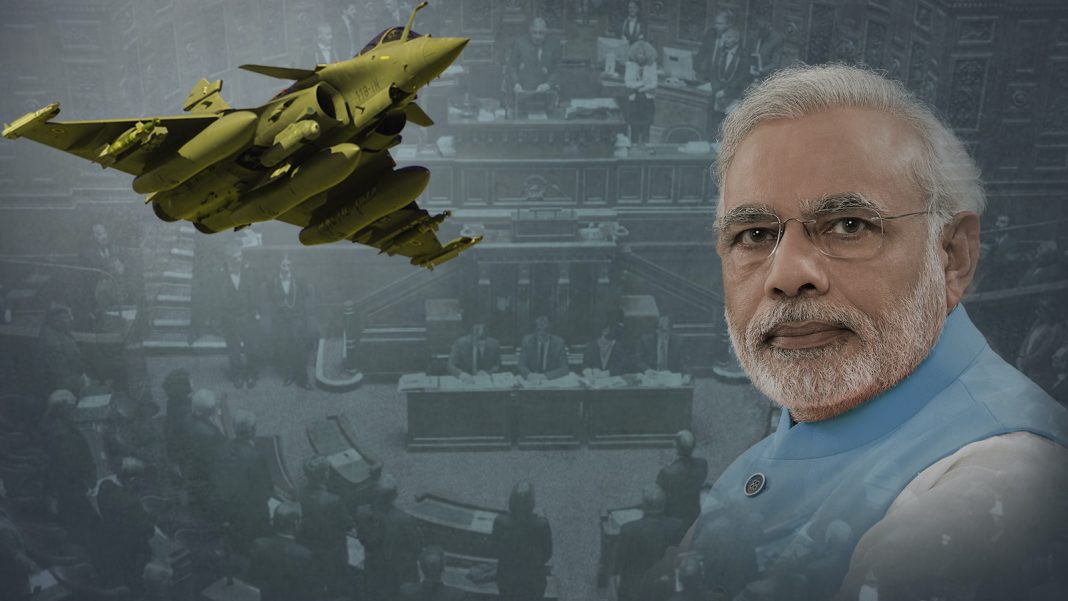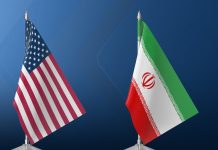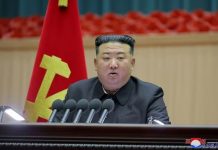NEW DELHI: The Rafale fighter jet deal between India and France has been one of the most politically charged defense contracts in recent Indian history. Initially hailed as a strategic necessity to modernize India’s air force, it later became a flashpoint for allegations of corruption, favoritism, and lack of transparency under Prime Minister Narendra Modi’s government.
This explainer breaks down the complex saga, from its inception to the controversies that have gripped national headlines for years.
In September 2016, India signed an intergovernmental agreement with France for the purchase of 36 Rafale multi-role fighter jets, valued at approximately €7.8 billion (about 59,000 crores). These jets were intended to replace India’s aging fleet of MiG-21s and MiG-27s and bolster India’s aerial combat capabilities.
The original plan was to acquire 126 jets through a competitive bidding process, with 42 to be built in France and 84 locally by Hindustan Aeronautics Limited (HAL) under technology transfer. However, negotiations stalled due to disagreements over pricing and technical know-how.
In 2015, the Modi government scrapped the earlier deal and opted for a direct government-to-government contract for 36 jets instead. This shift bypassed competitive bidding and raised questions about procedural transparency.
One of the central allegations involved the selection of Reliance Group, owned by billionaire industrialist Anil Ambani, as the offset partner in the deal.
Under the terms of the contract, Dassault Aviation (the French manufacturer) was required to reinvest a portion of the proceeds back into India’s defense sector — known as “offset obligations.” –Agencies





